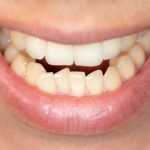Why Does My Breath Still Stink After Brushing? The Surprising Reasons You Need to Know
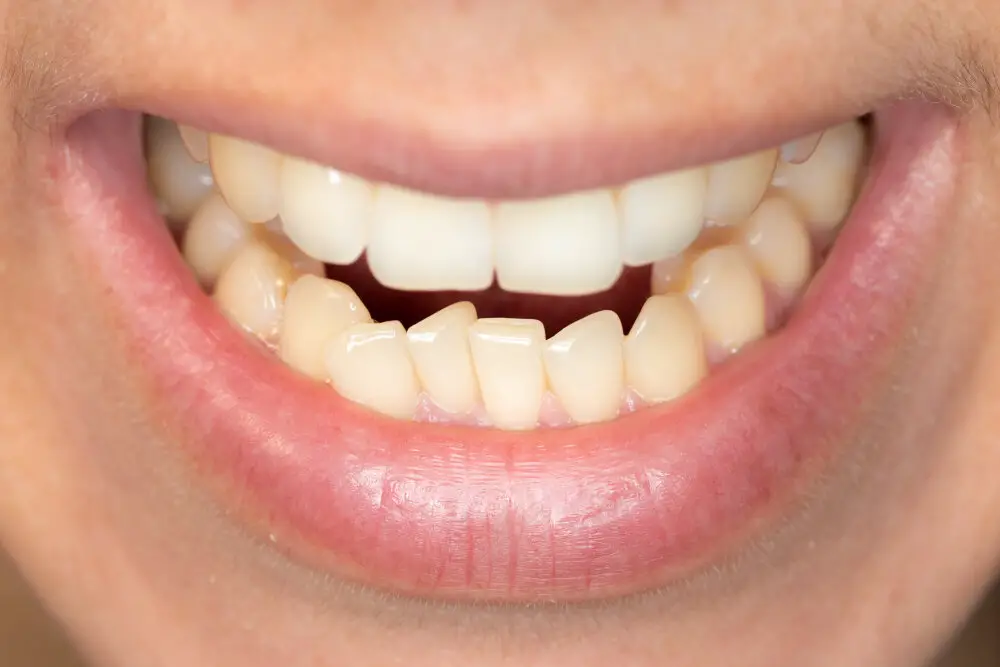
Have you ever experienced brushing your teeth in the morning, only to find out that your breath still stinks hours later? It can be frustrating and embarrassing, especially when you’re in a social situation or at work. The good news is that you’re not alone in this predicament. Many people wonder why their breath still smells bad after brushing, and there are several reasons why this could be happening. In this article, we’ll explore the surprising reasons why your breath still stinks after brushing, and what you can do to prevent it. Firstly, it’s important to understand that bad breath, or halitosis, is a common problem that affects millions of people worldwide. While poor oral hygiene is the most common cause of bad breath, there are other factors that contribute to this condition. For instance, certain foods and drinks like garlic, coffee, and alcohol can cause temporary bad breath. Additionally, smoking and tobacco use can also result in bad breath that lingers even after brushing. Understanding the root cause of your bad breath is the first step towards finding a solution, and we’ll delve into the different causes of bad breath in more detail in the following sections.
Despite brushing your teeth regularly, you may still experience bad breath, also known as halitosis. This problem can cause embarrassment and affect your confidence in social situations. The root causes of halitosis can vary, but they often include poor oral hygiene, gum disease, and a dry mouth. In addition to these causes, bad breath can also be a symptom of underlying medical conditions such as sinus infections, acid reflux, and diabetes. Understanding the underlying causes of halitosis is essential to finding a solution and achieving fresh breath.
Fresh breath is not only a sign of good oral hygiene but also an essential component of social interaction. Bad breath, also known as halitosis, can be a major turn-off and affect one’s confidence and self-esteem. It can create awkward and uncomfortable situations, causing people to distance themselves from you. Moreover, bad breath can be an indication of an underlying medical condition or poor lifestyle habits. Therefore, maintaining fresh breath is crucial for your oral health, personal hygiene, and social interactions. Regular brushing, flossing, and using mouthwash, along with a healthy lifestyle, can help keep your breath fresh and inviting.
Poor Oral Hygiene
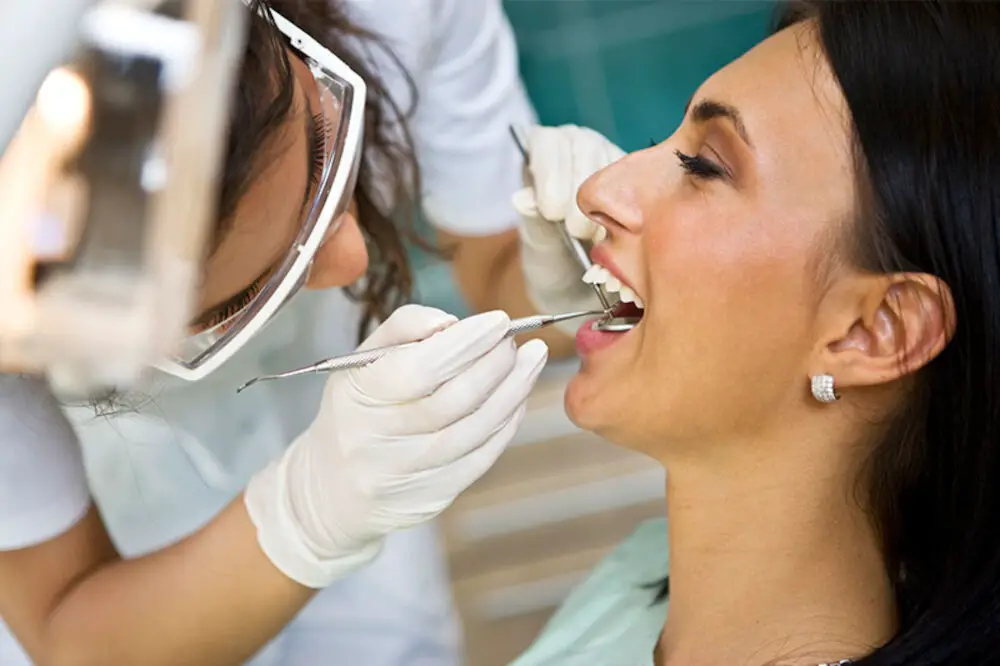
Poor oral hygiene is a major culprit for bad breath. When oral hygiene is poor, food particles tend to stay in the mouth for extended periods, leading to the accumulation of bacteria that cause bad odors. Brushing your teeth twice a day and flossing at least once daily is essential in maintaining good oral hygiene. However, it is also recommended to brush your tongue and use a mouthwash to remove any remaining bacteria. Moreover, if you have poor oral hygiene, you might be at risk of developing gum disease, which can lead to chronic bad breath. Gum disease is caused by the build-up of plaque on the teeth, which irritates the gums, leading to inflammation and bleeding. If left untreated, gum disease can cause tooth loss and other serious health problems. Therefore, it is crucial to maintain good oral hygiene to prevent gum disease and other dental problems.
Bad breath, medically known as halitosis, can be caused by a variety of factors, including food particles and bacteria. When we eat, small food particles can get stuck in our teeth and gums, providing a perfect breeding ground for bacteria. These bacteria can produce sulfur compounds which can lead to a foul odor. Furthermore, bacteria can also accumulate on the tongue, which is a common cause of bad breath. Even after brushing, these bacteria can continue to reproduce, causing persistent bad breath. It’s important to not only brush and floss regularly but also to clean your tongue and stay hydrated to minimize the growth of bacteria in the mouth.
Brushing and flossing regularly are essential for maintaining good oral hygiene and preventing bad breath. Brushing your teeth twice a day with fluoride toothpaste helps remove food particles, plaque, and bacteria from the surface of your teeth. Flossing once a day removes plaque and food particles from in between your teeth and along the gum line, where your toothbrush cannot reach. Neglecting to brush and floss regularly can lead to gum disease, tooth decay, and chronic bad breath. Therefore, it’s important to make brushing and flossing a part of your daily routine to keep your mouth healthy and your breath fresh.
Dry Mouth
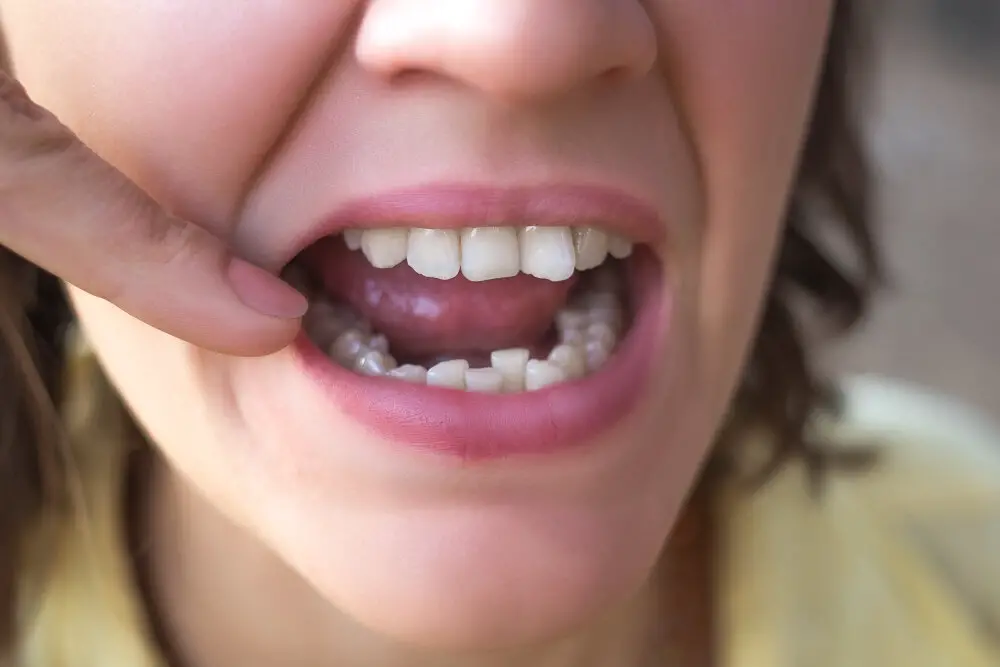
Dry mouth, also known as xerostomia, is a common condition that occurs when the salivary glands in the mouth do not produce enough saliva. Saliva plays a vital role in maintaining good oral health by neutralizing harmful acids produced by bacteria in the mouth and washing away food particles that can cause bad breath. When there is not enough saliva, these bacteria can flourish, leading to an increase in bad breath. In addition to bad breath, dry mouth can also cause difficulty in swallowing, a dry or sticky feeling in the mouth, and cracked lips. Some common causes of dry mouth include dehydration, medication side effects, and certain medical conditions such as diabetes or Sjogren’s syndrome. To combat dry mouth and its effects on bad breath, it is important to stay hydrated, avoid alcohol and tobacco, and speak with a healthcare provider about alternative medications if necessary. If left untreated, dry mouth can lead to more serious oral health issues such as tooth decay and gum disease. It is important to address the underlying cause of dry mouth to prevent these complications. In addition to staying hydrated and avoiding certain substances, there are several things that can be done to help alleviate dry mouth symptoms. Chewing sugar-free gum or sucking on sugar-free candy can help stimulate saliva production, and using a humidifier in the bedroom can help keep the air moist at night. Using a special mouthwash or toothpaste designed for dry mouth can also be helpful. Overall, by addressing the root cause of dry mouth and taking steps to promote saliva production, bad breath caused by dry mouth can be effectively managed.
Saliva plays a crucial role in maintaining oral hygiene, and its absence can lead to bad breath. Saliva contains enzymes that help break down food particles, which can otherwise accumulate and rot in the mouth, creating an unpleasant odor. Additionally, saliva acts as a natural mouthwash, washing away bacteria and food debris that can contribute to bad breath. When there is a lack of saliva in the mouth, either due to dehydration or certain medical conditions, the mouth becomes dry. This dry environment is the perfect breeding ground for odor-causing bacteria, which can result in bad breath. Therefore, it is important to stay hydrated and seek medical attention if you are experiencing chronic dry mouth.
Dry mouth, also known as xerostomia, is a common condition that occurs when there is insufficient saliva production in the mouth. This can be caused by a variety of factors, including medications, certain medical conditions, dehydration, and lifestyle habits such as smoking or alcohol consumption. The lack of saliva can lead to bad breath, difficulty chewing and swallowing, and an increased risk of tooth decay and gum disease. To treat dry mouth, it is important to stay hydrated, avoid tobacco and alcohol, and practice good oral hygiene habits such as brushing and flossing regularly. Over-the-counter saliva substitutes and prescription medications may also be recommended by a healthcare provider to help manage symptoms.
Diet and Lifestyle
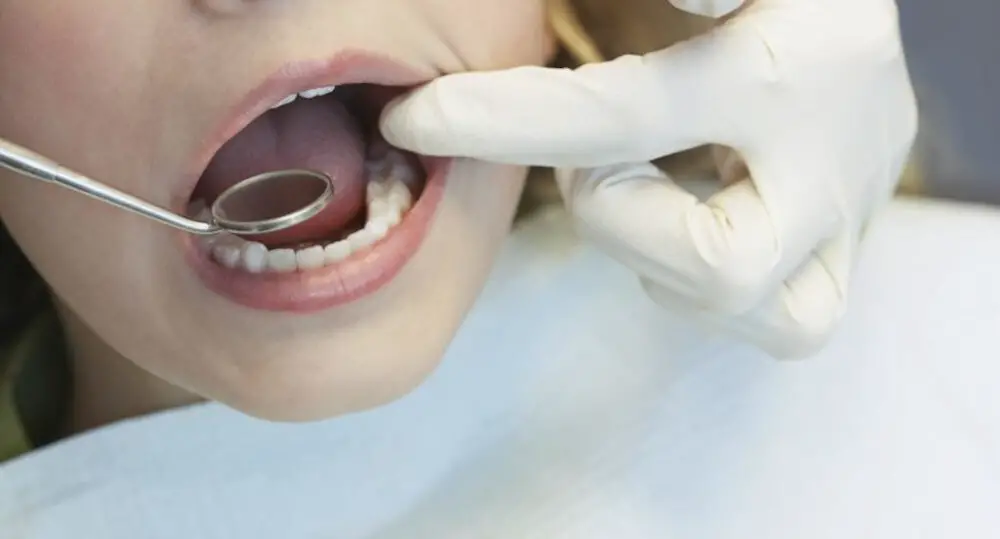
Maintaining a healthy diet and lifestyle is crucial not only for your overall health but also for your oral health. Consuming a balanced diet with a sufficient amount of vitamins and minerals can help prevent gum disease and tooth decay. Eating a diet high in sugar and carbohydrates can lead to the buildup of plaque, which can cause bad breath. Additionally, drinking plenty of water throughout the day can help keep your mouth hydrated, which is essential for preventing dry mouth and bad breath. Incorporating fruits and vegetables into your diet can also help clean your teeth naturally, removing food particles and bacteria that can cause bad breath. In addition to a healthy diet, maintaining an active lifestyle can also contribute to good oral health and fresh breath. Exercise helps to increase blood flow throughout the body, including the gums, which can help prevent gum disease. Regular exercise can also help reduce stress, which has been linked to bad breath. Stress can cause dry mouth, which can lead to bad breath due to a decrease in saliva. Incorporating stress-reducing activities such as yoga and meditation can also help keep your breath fresh and your oral health in check.
Certain foods and drinks can cause bad breath due to their strong odors and the way they interact with the bacteria in your mouth. Foods like garlic, onions, and spices can leave behind sulfur compounds that are released when you exhale, causing a foul smell. Additionally, sugary and acidic drinks like soda and fruit juices can create an environment in your mouth that allows bacteria to thrive, leading to bad breath. Alcohol and coffee can also dehydrate your mouth, reducing saliva production and allowing bacteria to multiply. In general, it’s best to avoid these foods and drinks or rinse your mouth with water or mouthwash after consuming them to prevent bad breath.
Smoking and alcohol consumption are two major culprits behind bad breath. Tobacco leaves an odor that lingers in the mouth, throat, and lungs, resulting in a stale and unpleasant smell. Additionally, tobacco use can cause dry mouth, which further exacerbates bad breath. Alcohol, on the other hand, is a diuretic that dehydrates the body and reduces saliva production, leading to dry mouth and bad breath. Moreover, alcoholic beverages can leave a strong odor in the mouth, which may persist even after brushing. To combat bad breath caused by smoking and alcohol consumption, it is essential to quit or reduce these habits and maintain good oral hygiene practices.
Underlying Health Issues
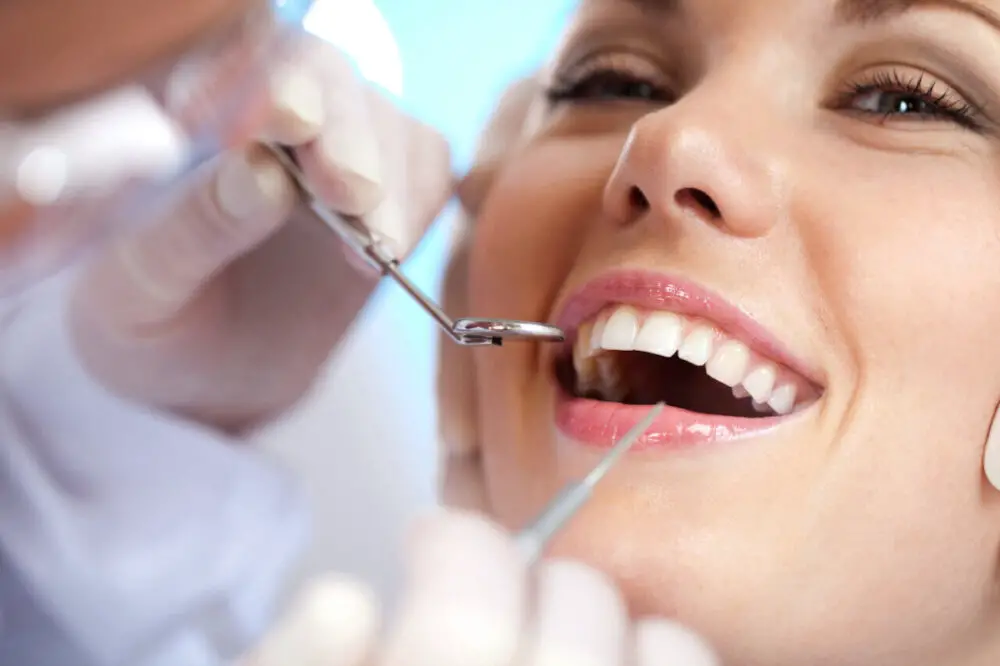
Underlying health issues can often be the cause of persistent bad breath, even after brushing. Digestive problems such as acid reflux, which causes stomach acid to flow back up into the esophagus, can create a foul odor in the mouth. Additionally, poor gut health or an imbalance of bacteria in the digestive tract can contribute to bad breath. This is because the bacteria release sulfur compounds that produce an unpleasant smell. Certain medications, such as those used to treat high blood pressure or depression, can also cause dry mouth, which can lead to bad breath. Dry mouth occurs when the salivary glands do not produce enough saliva to keep the mouth moist, making it easier for bacteria to grow and produce odors. Therefore, if you have persistent bad breath, it is important to consult with a healthcare professional to rule out any underlying health issues that may be contributing to the problem. Furthermore, underlying health issues can also affect oral health, leading to bad breath. Gum disease, also known as periodontitis, is a common cause of bad breath. This occurs when plaque builds up on the teeth and gums, causing inflammation and infection. The bacteria in the infected gums can produce an unpleasant odor, which can be difficult to eliminate with brushing alone. Other oral health problems, such as cavities or infections in the mouth, can also cause bad breath. Therefore, maintaining good oral hygiene habits, such as brushing and flossing regularly, and visiting the dentist for regular check-ups, can help prevent oral health problems and reduce the risk of bad breath.
There are numerous health conditions that can lead to bad breath, also known as halitosis. For instance, poor oral hygiene can cause bacteria buildup in the mouth, leading to a foul odor from the mouth. Additionally, gum disease, tooth decay, and mouth infections can lead to bad breath. Moreover, certain medical conditions such as respiratory tract infections, acid reflux, and liver and kidney problems can also cause bad breath. When the liver or kidneys are not functioning correctly, the body may excrete certain chemicals that can lead to bad breath. Furthermore, dry mouth, which is a common side effect of many medications and medical conditions, can also contribute to bad breath. It is essential to identify the underlying cause of bad breath and seek appropriate medical treatment to alleviate this unpleasant symptom.
There are several health conditions that can affect breath, including gum disease, tonsil stones, and acid reflux. Gum disease, also known as periodontitis, is caused by a buildup of plaque on the teeth and gums, resulting in inflammation and infection. This condition can cause bad breath due to the bacteria that live in the infected gums and can easily spread to the mouth and throat. Tonsil stones, or tonsilloliths, are small, hard deposits that form in the crevices of the tonsils. These stones can cause bad breath by trapping bacteria and food particles in the tonsil pockets. Acid reflux, also known as gastroesophageal reflux disease (GERD), is a condition in which stomach acid flows back up into the esophagus. This can cause bad breath due to the strong, unpleasant odor of stomach acid in the mouth.
Bad breath, also known as halitosis, can be caused by a variety of factors. Poor oral hygiene is one of the main causes, as bacteria can build up on the tongue, teeth, and gums, producing an unpleasant odor. Other factors include dry mouth, which can be caused by certain medications or health conditions, and the consumption of certain foods and beverages, such as garlic, onions, and coffee. Smoking and other tobacco products can also cause bad breath, as well as underlying health problems such as gum disease, sinus infections, and acid reflux. In order to combat bad breath, it is important to maintain good oral hygiene habits, avoid certain foods and beverages, and seek medical attention if necessary.
If bad breath persists even after maintaining good oral hygiene, it is essential to seek professional help. Persistent bad breath can be an indication of an underlying medical condition such as gum disease, diabetes, or even liver or kidney problems. A dentist or a doctor can identify the root cause of the bad breath and suggest the appropriate treatment. Neglecting persistent bad breath can not only cause embarrassment but can also lead to more severe health problems. Seeking professional help can help individuals to address the issue and prevent it from worsening.
Conclusion
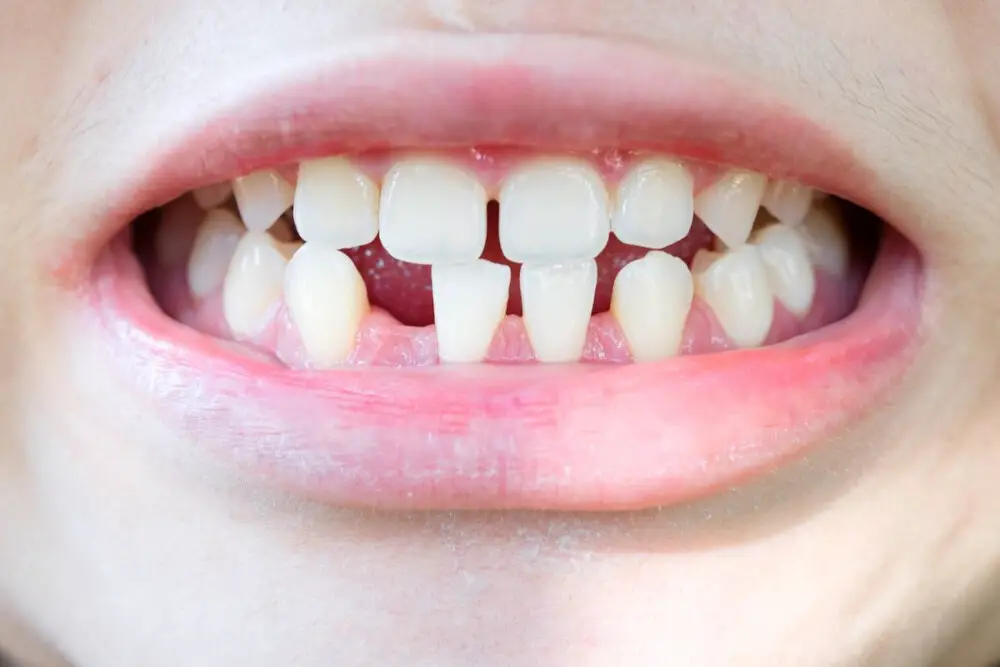
In conclusion, bad breath is a common problem that affects many people despite their efforts to maintain good oral hygiene. While brushing and flossing are essential in preventing bad breath, there are other surprising reasons why your breath may still stink. These include poor diet, dehydration, smoking, medical conditions, and medication. Therefore, it’s crucial to address these underlying issues and seek professional help if necessary to eliminate bad breath. By taking proper care of your oral health and addressing any underlying causes, you can enjoy fresh breath and improve your overall quality of life.





